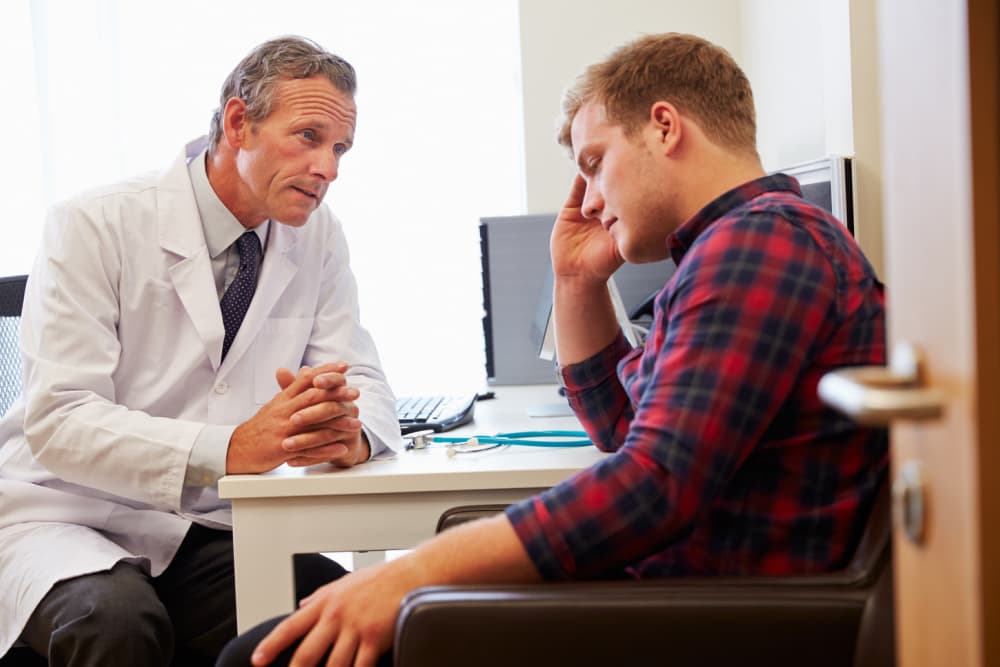Things to Know Before Getting a Colonoscopy
A colonoscopy is a screening test that is a crucial diagnostic procedure for the early detection of colorectal issues. It involves examining the colon and rectum using a flexible tube equipped with a camera to detect abnormalities that may need immediate medical attention. To better understand the screening test, here is a brief guide about colonoscopy that explains why it is required and what factors one must consider before going for it.
Why does one have to go for a colonoscopy?
- Individuals often find themselves contemplating a colonoscopy, fearing the pain and discomfort it may cause. However, when facing troubling symptoms such as abdominal pain, anemia, or gastrointestinal bleeding, it is crucial to have a thorough screening test.
- Additionally, signs such as pus, blood, or mucus in stools and changes in bowel habits like persistent and unexplained diarrhea may raise concerns, requiring further examination.

Things to consider before going for a colonoscopy
Preexisting medical conditions
Before going for a colonoscopy, an individual must maintain clear communication with their doctor. One must make sure to tell their doctor about any health issues they may have, like if they are pregnant or if they have kidney disease, lung conditions, heart conditions, diabetes, or any allergies. This helps the doctor plan the colonoscopy to fit the individual’s medical needs. Also, each condition needs special attention during the procedure, so maintaining clear communication with the doctor is essential.
Changes in food intake
One must also follow the doctor’s instructions about managing food intake before the procedure. The doctor may instruct one to eat easy-to-digest, low-fiber foods like white bread, pasta, rice, cooked veggies, and fruits without seeds or skin. They may also be instructed to avoid foods that could cause complications in the procedure, like seeds, nuts, popcorn, fatty foods, tough meat, whole grains, raw veggies, and certain fruits. Also, the doctor might instruct the individual only to have clear liquids the day before the colonoscopy. One may be allowed to drink sports, coffee, and tea, but without milk or cream. Staying hydrated is important before the procedure.
Bowel prep
Before the procedure, it is also important for one to undergo bowel preparation to get the best results. For this, one’s doctor may have them follow a particular food routine, like mentioned above, and drink a liquid laxative. Sometimes, one might even need enemas to clear their colon and ensure it is empty. During this time, one must be prepared to visit the bathroom frequently and experience diarrhea. However, following the doctor’s instructions is crucial, as it helps ensure the colon is as straightforward as possible for the examination.
Also, it is important not to eat or drink anything for a few hours before the procedure, as instructed by the doctor. This is to avoid any complications during the colonoscopy.
Following these instructions is crucial for one’s safety and the success of the examination.
On the day of the screening, bring someone along
When an individual goes for a colonoscopy, they must have someone accompany them to the appointment. The doctor may administer sedation to help the patient feel more comfortable during the procedure. A trusted companion present can provide emotional support and ensure the patient is safe and well-cared for throughout the process.
Cost of colonoscopy
Considering the associated costs when planning to undergo a colonoscopy is important. The average cost of a colonoscopy in the country is approximately $2,750. To determine the costs covered by insurance, it is advisable to check with the insurance provider, as preventive screenings are often included. Additionally, one should inquire about any additional expenses that may need to be paid out of pocket. If one does not have insurance or finds the cost unmanageable, discussing the matter with a healthcare provider is recommended.

